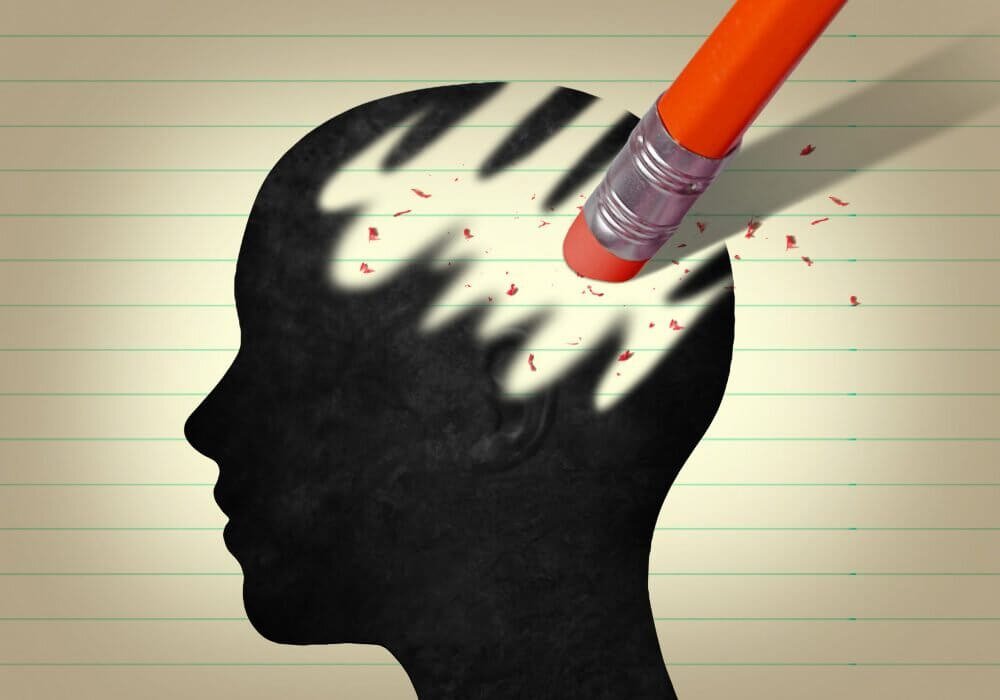Something that a lot of people assume is that the ones who visit a neurologist are only the ones who have serious brain issues. However, that is quite far from the truth, as there are a lot of things that a neurologist can help you with, from a thing like dealing with simple and common headaches to brain surgery due to a neoplasm. If you have some of these symptoms, you might want to visit a neurologist.
Headaches
While headaches are quite common, and pretty much every single one of us has one from time to time, they are a very important symptom when it comes to visiting a neurologist. In fact, patients most often visit a neurologist in Sydney because they happen to have a headache. We are not talking about a classic headache, one that is present for a couple of minutes or so, but instead, one that is long-lasting.
If you happen to have a headache that comes and goes a couple of times throughout the week, or if it lasts for a few hours, you should seek aid from a neurologist. Of course, neurological issues are not the only thing that causes a headache, sometimes, it can be due to a toothache, so you might want to visit a dentist if you feel that your tooth hurts along with your head.
Dizziness
Experiencing dizziness is another symptom that a neurologist will find in their patients. Dizziness can be present in vertigo, where it feels like things around you are spinning, or it can appear in disequilibrium, where it is hard to keep your balance.

Chronic pain
If you have been experiencing pain that has stuck around for a couple of months or perhaps even years, you may want to visit a neurologist to see if they can help. Pain like this can be from an injury or illness that your body has not recovered from correctly, and if this pain is causing problems like controlling your bladder, keeping your balance, or another form of dizziness, you should see a neurologist.
Numbness
Everyone experienced numbness at least a few times in their life when they ended up sleeping on one of their arms, which is quite normal. However, if you happen to feel numbness in your arms or legs randomly throughout the day, you should visit a neurologist. The reason why this happens is that there is either a blockage of a blood supply or because the nerve is being compressed.
Movement problems
One of the biggest signs that you should visit a neurologist is if you are having some trouble walking or if you feel like you have been clumsier than usual recently. If you notice that items are falling out of your hands and that you are experiencing jerks or tremors at random, then you should seek help from a neurologist, as it can be a sign of a serious issue.
Weakness
The feeling of weakness that one is experiencing in a situation where they have to visit a neurologist is a bit different from the usual feeling of being exhausted after working all day or lifting weights at the gym. If you feel like your muscles are constantly weak and that you are incapable of doing everyday activities because of that, seek help from a doctor immediately.
Seizures
Spasms, jerking, confusion, loss of consciousness, and breathing problems are all ways that a seizure can manifest itself. They can be quite unnoticeable, but they can also be extreme. While seizures usually come because of low blood sugar, there can be some neurological issues in play as well, which is why it is a good idea to consult with a neurologist if you happen to have these issues often.
Memory problems
While it is known that memory issues and confusion tend to show up as we age, if you happen to be suffering from a neurological disease, these symptoms can come to display much earlier. If you notice that you are being more forgetful, or if you find yourself confused about hearing information that you must have heard before, consult with a neurologist to figure out what is going on.
Final word
We know that any kind of visit to a doctor’s office can be stressful and frightening, but in the end, it is for the benefit of your health. If you happen to notice some of the symptoms we talked about in this article, it is highly advised to consult with a neurologist. In most cases, it can be nothing serious, a one-time thing due to some chemical reaction in your body, but checking if that is the case is what matters.


